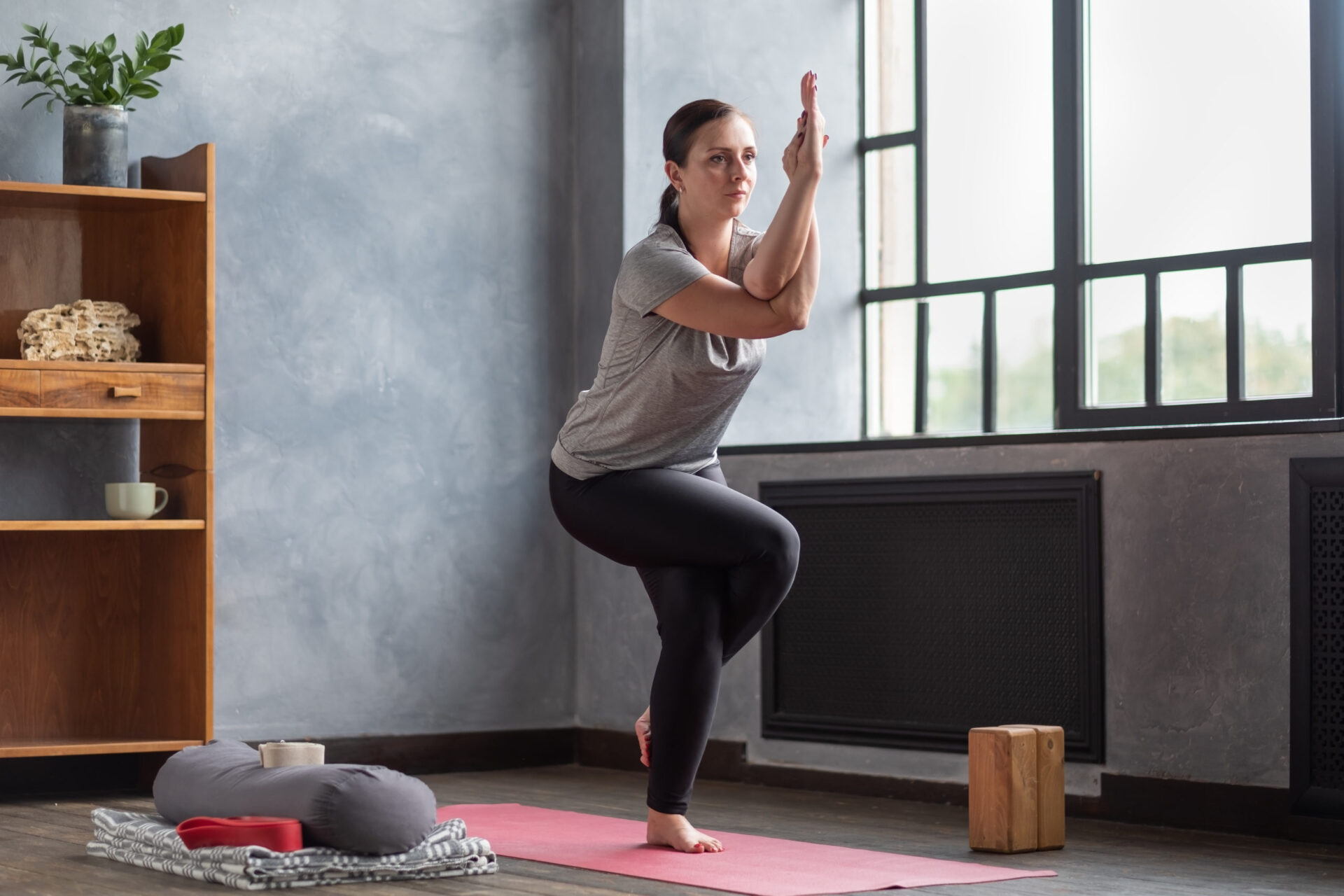
What is self care and why is self care important? When you hear somebody talk about self-care, you might think, “I’m just going to treat myself.” But what does treating yourself really mean? It’s more than just enjoying your favorite baked good or buying a new pair of shoes. Though these things could be included in your self-care plan, it’s actually much more than that!
What is self care?
Self-care is an activity you do to take care of your physical, mental and emotional health. It includes techniques for how to reduce stress and how to feel better. Unfortunately, self care is something many of us may ignore, especially when we find ourselves on edge. With the current COVID-19 pandemic, it is important now more than ever to provide your body with with the care it needs.
Why is self care important?
Taking good care of yourself can improve your mood, reduce stress and anxiety. It’s really as simple as paying close attention to your body and giving it what it needs to be healthy and happy.
How to take good care of yourself
Self-care comes in many forms, but here are some techniques you can try incorporating into your day:
-
- Eat healthy foods. Nourishing your body helps you feel stronger and healthier. You can get started by including fresh fruits and vegetables, whole grains, lean protein and low-fat dairy. Lean proteins are built of amino acids and omega-3s, which are a great source of energy and can help you beat fatigue. You can also incorporate superfoods into your diet, such as garlic, ginger, yogurt, dark leafy greens and vitamin C–rich foods. Please note: consult your doctor or health care professional before altering your diet.
- Drink more water. Most people don’t realize they aren’t drinking enough water throughout the day. Water does much more than keep your body hydrated. It also boosts your body’s essential functions, such as kidney filtration, regulation of blood pressure and body temperature, and production of hormones, to name just a few. It’s easy to get caught up in your day and crave coffee or another caffeinated beverage. To help add more water to your day, try setting a water intake goal for yourself or a reminder on your email or phone. This will help make sure you are drinking the proper amount per day.
- Get more sleep. If you don’t get enough sleep, it starts to affect you physically and emotionally. Exhaustion can weaken your immune system, making you more susceptible to illness. Studies show eight hours of sleep every night is just as important to good health as a proper diet. To ensure you are getting the recommended eight hours per night, try practicing good sleep hygiene and setting up a night-time routine to help you unwind—whether that be taking a bath, drinking tea, reading or listening to soothing music. Make sure you limit distractions and have a calm, relaxing atmosphere. Having a set sleeping schedule can make you calmer, improve your mood, help your metabolism and regulate your body’s production of melatonin (the hormone involved in the sleep-wake cycle).
- Make time for mindfulness activities, such as yoga. Mindfulness is about being more aware of what is happening—both within us and around us. And it’s one of the top ways to reduce stress. Being more mindful can be good for your health! Mindfulness also allows you to focus, be more aware of the present moment and better understand yourself, such as your feelings, triggers, motivations, etc. Connecting to yourself through activities such as meditation, deep breathing or yoga can be amazing for you psychologically. You can also practice mindfulness by going for a walk, listening to others when they speak, journaling or making a gratitude list.
- Set boundaries between work and personal time. Work can be stressful and having time to yourself helps you reduce the stress you feel during a workday. This is important, and you can do it simply by taking your lunch break, creating a no list, or setting appointments on your calendar to help you plan your time. On your no list, add items such as, “Should I check my work email off the clock?” Saying yes when you are already drained can lead to adverse effects to your mental and physical health. It can cause you to be irritable, burned-out and anxious. By separating your work and personal time, it creates a healthy work-life balance, and it’s a great way for how to feel better.
- Attend personal development programs. Improving or adding to your knowledge and skills can be a huge confidence booster! You can find programs through your work or community to help you learn a skill or reach a specific goal. While attending a program, create a self-care plan or journal. Stay organized by tracking SMART (specific, measurable, attainable, realistic and timely) goals, taking notes, and reflecting on what you’ve learned in the program. Look at how you might be able to take what you learned back to your everyday or work life. For the most benefit, it’s important to attend a program you are genuinely interested in.
- Turn off your phone. It can be hard during these unprecedented times, but turning off your phone, limiting your exposure to the news and staying away from social media may improve your mental and emotional health. It can be draining during tumultuous times in the country or your city to hear devastating or emotional news 24/7. Try giving yourself a no phone or tv before bed rule, or only allow yourself a certain amount of time per day to check social media.
- Exercise regularly. Physical activity helps relieve stress and anxiety, improve your mood and increase your energy. When you’re under a lot of stress, your body produces stress hormones that suppress your immune system. Physical activity releases endorphins, which help increase feelings of well-being and improve your energy level. You don’t need to carve out a lot of time for exercise. Simply try 30 minutes a day of walking, biking, running or another low impact exercise. You can also find virtual classes gyms in your area may be offering. This could include yoga, Pilates, or HIIT (High Intensity Interval Training). Just taking a small amount of time for you per day is beneficial to your physical and mental health.
Make time for yourself!
Like anything else, practice makes perfect! So if you’ve been wondering why is self care important, now’s the time to pick up a few new techniques! Practicing self-care may seem tricky at first, because you may think you’re being selfish. This is why some people push it aside, getting caught up in their busy and stressful lives. Remember, it’s a learning process. To get started, slowly add some time to your daily schedule to practice some of these self-care techniques and ways to reduce stress. You can even start at five minutes and work your way up! It’s important to make time for self-care in order to be your happiest, healthiest self.
This article is for informational purposes only, and is not meant as medical advice.
Sources:
https://psychcentral.com/blog/what-self-care-is-and-what-it-isnt-2/
https://schools.au.reachout.com/articles/developing-a-self-care-plan
https://www.psychologytoday.com/us/blog/click-here-happiness/201812/self-care-12-ways-take-better-care-yourself
https://www.wellandgood.com/definition-of-self-care/



